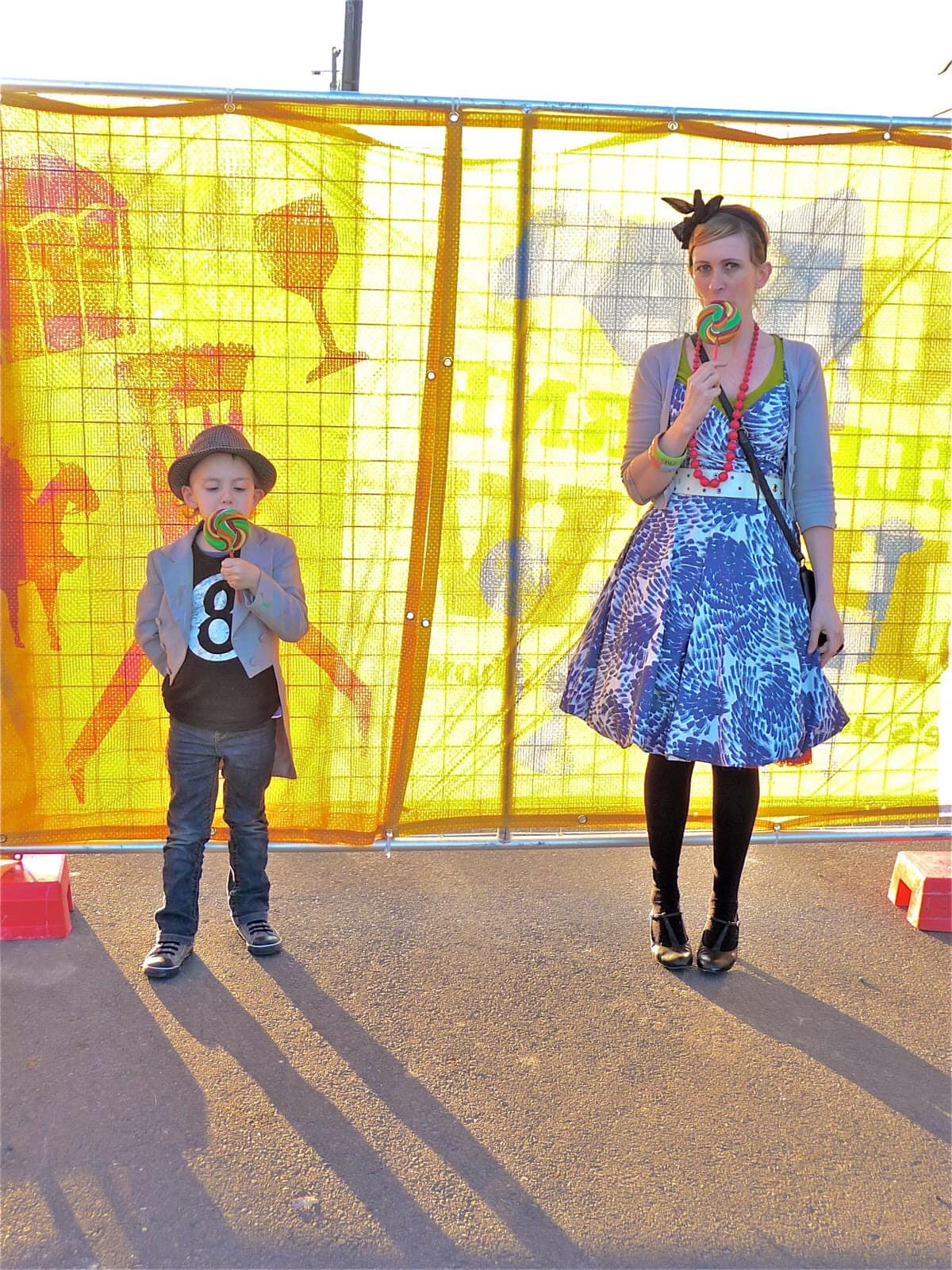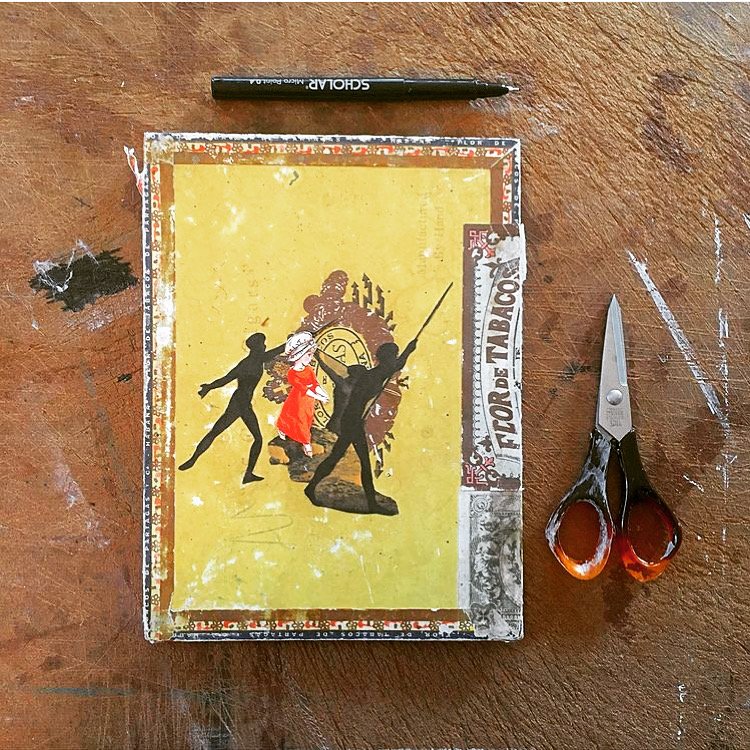The Long Shadow
With my "Lucky Eight Ball" at the Royal Melbourne Show, 2012.
Photograph taken by his Father.
I have wrestled with honesty about this but so many of you have been honest with me and the honest thing is that alcoholism is the long and dark shadow which has hung over our lives and turned our dreams into nightmares. There have been other problems - trauma, illness, grief and loss, mental health, finance, housing, employment, emotional control - but all these obstacles may have been surmountable, the drinking was not. The drinking changed everything - it placed us in a constant State of Fear and has done so repeatedly throughout my life. I read a study through Covid that suggested an 80% correlation in cases of violence against women with drinking - not illicit substance abuse, the most legal of drugs - alcohol.
Alcoholism is a prolific issue in Australian culture but one that we rarely ,if ever, label or speak about. "Drinking" is ingrained within The Australian Colonial Project - used as a tool to annihilate, define, subordinate and exclude Indigenous Australia; a culture our ancestors carried forth from Greater Britain and the wider scope of Western Europe. It colonised life on these shores, appeased worker migrants, and colonised Australian women as well. In this country, today, there is hardly a 'Milk Bar' but there is a Pub (Public Bar) on just about every corner.
We cannot speak of family dysfunction without considering the role alcohol has played in forming modern society. It triggers deep cracks that reveal what lies beneath this drinking culture: 1. trauma - of those who drink and of those who tolerate others' drinking; 2. power - the bid for control - dominance, power over, exclusion, destruction, acquisition of resources, status, wealth, authority. These are the fundamental drivers, in my opinion, of such addiction and of violence at a micro and macro level - within the home, within the world. Yet alcohol is just one of many tools used to dominate, control and disempower.
Ten years ago and ten years is just about the exact amount of time it has taken to step out from that shadow and heal ourselves. We cannot speak of violence against women without considering the role alcohol has played in building modern society and the deep cracks it gives rise to. Where psychedelics may give rise to vivid and lucid manifestations of universal love or explorations of suffering, alcohol causes widespread suffering and it annihilates such love, from within. It is so highly addictive and an incredible painkiller - and so accessible - housed right there in it's own little pleasure cave beside the checkout. At one point an Ex of mine was coming home with a box of wine because it was only $2 a bottle and vodka can be bought for $29.99 at ALDI.
This is what destroyed us and what destroys so many families.
Alcohol is a “shadow” drug - a mind-killer and a common trigger for violent behaviour.
I see friends of mine, branching out into the world of alternative therapies - seeking to treat trauma with cannabinoid or psilocybin and creative healing strategies and the old establishment crying out against it still - peddling liquor and opiates and other triggers or mind blockers; Hell-bent on avoiding the Shadow Work that is necessary to lift us all out this old patriarchal pattern with it’s cycle of abuse and colonial mindset.
The Long Shadow is a work I created in response to these colonial trappings, last solstice, after taking a walk on privately owned sacred lands where there sits a beautiful Billabong and concrete throne between two volcanic peaks; unknown, undocumented, filled with native flora and fauna and targeted for development/ destruction.
Astounding ancient volcanic rock formations that are likely to be ploughed under any day.
Those rocks fell to the earth from the two volcanic craters, two peaks of a mountain ( I have not yet discovered its aboriginal name for), that we live between, a million years ago. They feel like sacred places but they exist on privately owned land that was once stolen from its traditional custodians and they are unprotected.
And I am at a loss to know how to protect such sacred spaces - internally and externally.
It is breaking my heart to watch our beautiful grasslands being ploughed under.
I have been reading a lot about Eco-feminism - I feel a strong kinship between the fate of vulnerable and the fate of the land; when I walk in such places I feel like all my ancestors and the ancestors of others are walking with me, seeking a path forward, a way to throw off these shackles and to live a life of unity, love and solidarity.

